Market Trends
Key Emerging Trends in the Polymer Bearing Market
The polymer-bearing market today exhibits significant trends that showcase shifts in demand and applications majorly within industries like automotive, industrial & aerospace. There is an increased use of synthetic polymers for making polymer bearings, whose unique features include self-lubrication, corrosion resistance, and low maintenance costs. One major trend taking place in this market is the growing adoption of this bearing by automobile manufacturers; likewise, they have engaged industrial machinery makers who remain critical players in shaping its direction. The shift towards Industry 4.0, as well as Smart Manufacturing, has resulted in a demand for high-performance, low-friction, and reliable bearings usable under these conditions. Polymer bearings currently serve application areas such as conveyor systems, pumps, or processing equipment, which help enhance operational efficiency, leading to reduced down. This aligns with the industrial sector's focus on automation, predictive maintenance, and optimization of manufacturing processes. Technological advancements contribute significantly to these trends, which is evident in the ever-dynamic polymer-bearing market. Continuous research efforts directed at improving material properties together with increasing their performance characteristics continue to be made. For example, reinforced polymer composites' advanced molding techniques are now prominent, while smart sensor integration has become popular, too. The level of collaborations and partnerships in the polymer-bearing market is on an upward trajectory. Jointly, they identify novel applications and formulations of polymer bearings. As a result of what it brings to farming, environmental protection, and medical devices, among others, these corporation deals are looking into industry-specific problems like those connected to agriculture, renewable energies, etc. This ensures that the evolution of different sectors' needs is met through continuous improvement and customization. Furthermore, trends in the Polymer Bearing Market are being driven by the aerospace sector. Polymer bearings are used in aircraft landing gear systems, control surfaces, actuation systems, etc. On the other hand, Environmental concerns shape polymer-bearing market trends. There has been a change concerning materials selection in many industries as well due to the trend towards sustainability purchases, which do not affect the environment negatively. Other than that, after-market is also driving polymer-bearing market trends. Moreover online sales channels for industrial & automotive components have provided end-users with easy access to many types of bearings. As such, regulatory considerations play a significant role in the trends experienced within the polymer-bearing market. The industry is governed by standards and regulations relating to material composition performance and safety. Compliance with global standards such as RoHS and REACH has led to the development and use of these products in various forms.


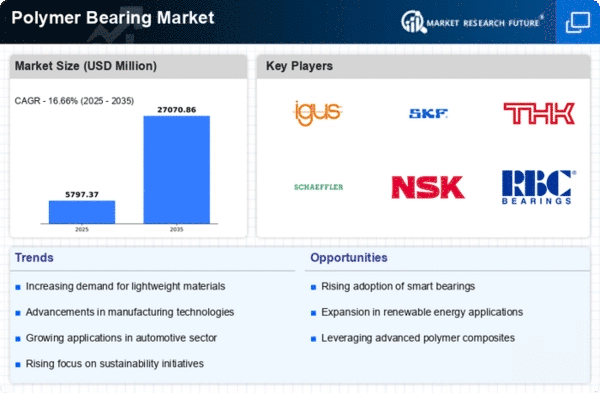
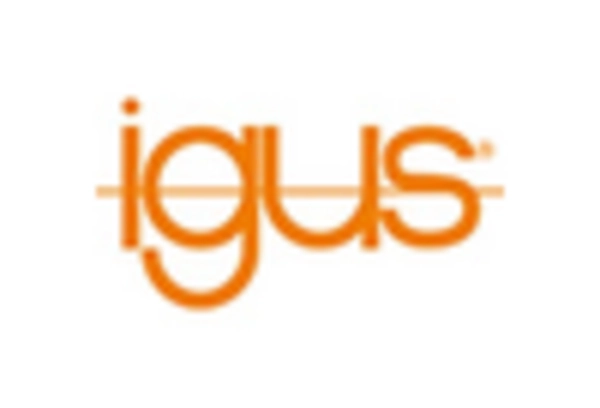
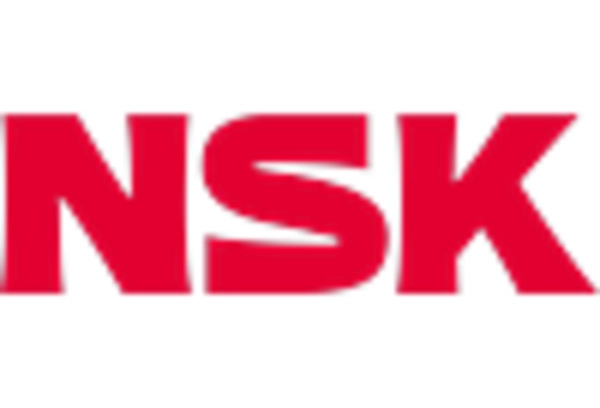
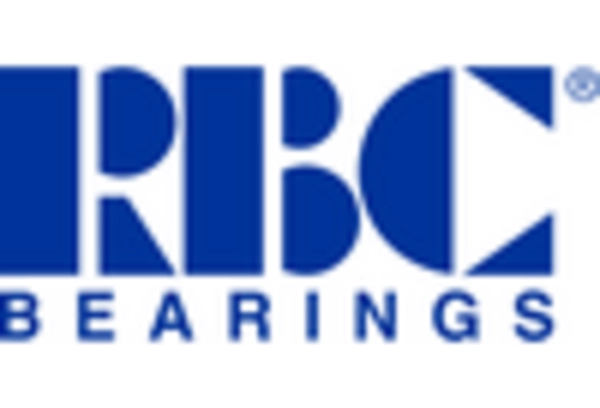
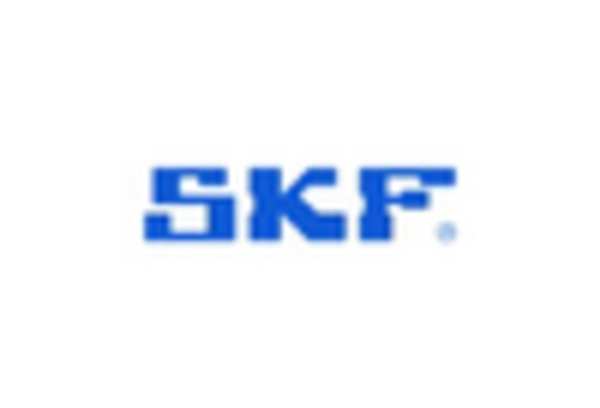
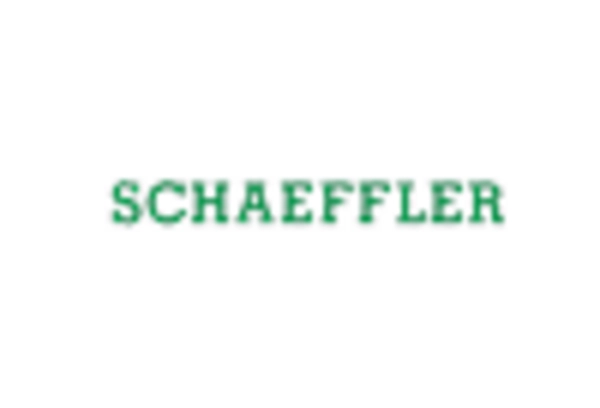
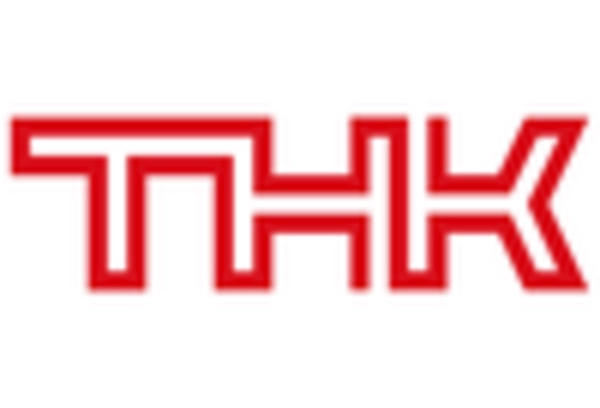









Leave a Comment